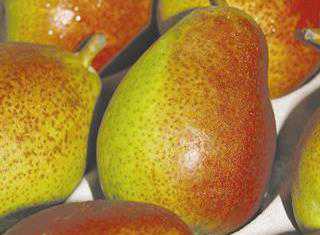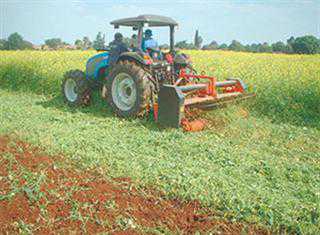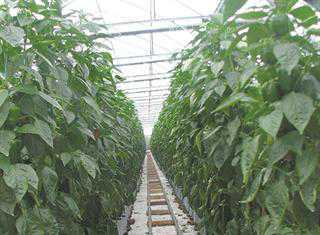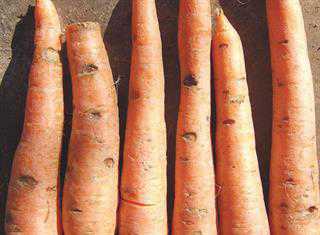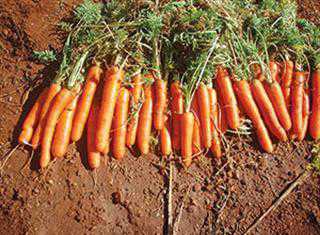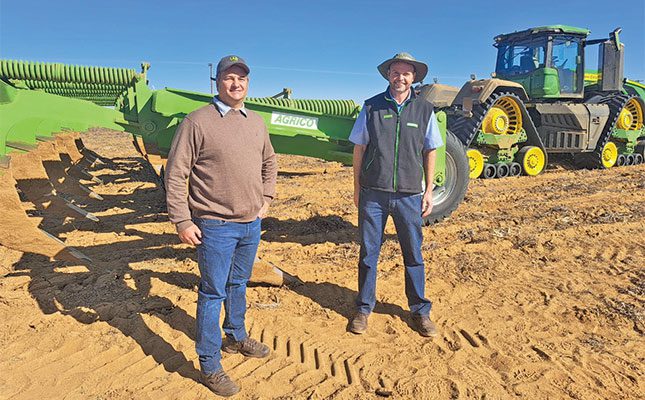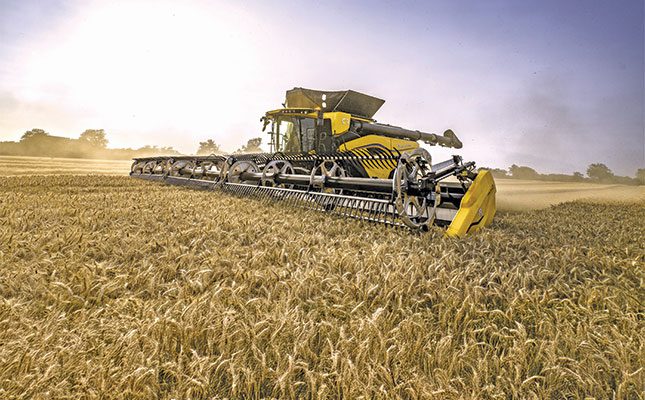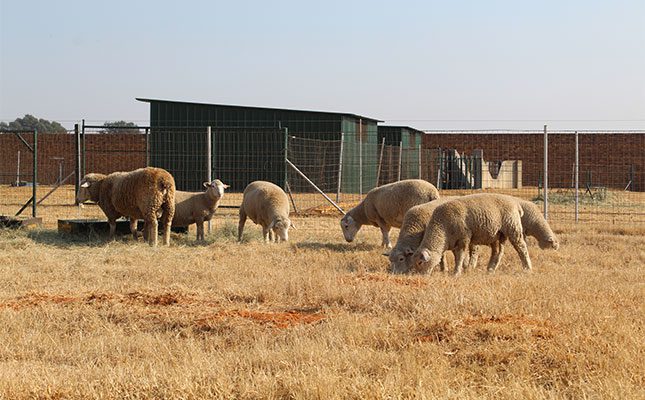Food for Africa!
Africa is the third fastest growing region in the world after Southeast Asia and the Pacific Rim. Since 2000 some 90 million Africans have moved to cities, and the continent...
SA pear producers get cheeky
Cheeky, the newest blushed-pear variety to be released to the South African industry, is the result of 16 years of hard work by renowned plant breeder Taaibos Human. Industry sources...
Using radish to control cyst eelworm
A fodder radish crop can exterminate up to 95% of a cyst eelworm population and be used for biofumigation, writes Bill Kerr.
Diversified farming, booming business
A mission station in the rural hilltops of KwaZulu-Natal has diversified into a range of agricultural activities, but peppers grown under state-of-the-art greenhouses and export avocados are the main commercial...
Getting to the bottom of cavity spot mysteries
Cavity Spot is a very destructive carrot disease that has been giving farmers and researchers sleepless nights all over the world. It has been determined that cavity spots on carrots...
It’s a tough road for vegetable farmers
Dear Bruce Roberts-Baxter, Your chillingly accurate letter to Farmer’s Weekly for the issue 26 February 2010, captures the plight of many farmers setting out to make a living from farming.
Double-crop your way forward
Local farmers would do well to emulate the UK's approach of double-cropping, ecologist Ben Breedlove tells Roelof Bezuidenhout. So, instead of just harvesting a planted crop, why not also slash...
Soil organisms for sustainable farming
Ben Krog, MD of fertiliser company Profert, understands there’s more to soil health than piling on chemicals. He told Annelie Coleman about the vital role played by soil microorganisms, especially...
No-till can be practical for vegetables
No-till helps farmers work with nature, with massive benefits in the quality and health of soils and water use, sustainability and economics. And Bill Kerr speaks from first-hand experience.
Taking your watermelons to maturity
Regardless of yield, watermelon quality is vital for sales, price and future demand for your product. Cultural practices are especially important during the last period towards maturity.
Nature: farmer’s best friend
A vegetable farmer in the KwaZulu-Natal Midlands, who converted to biological crop production, has significantly increased yield, improved quality and reduced input costs. Robyn Joubert reports.
Making money from muck
Nutrient-rich dairy slurry was once considered a liability and a pollutant, but the current high fertiliser price has changed all that, says dairy technical consultant Gavin Brockett. Robyn Joubert spoke...
ADVERTISEMENT
MUST READS
ADVERTISEMENT
ADVERTISEMENT


